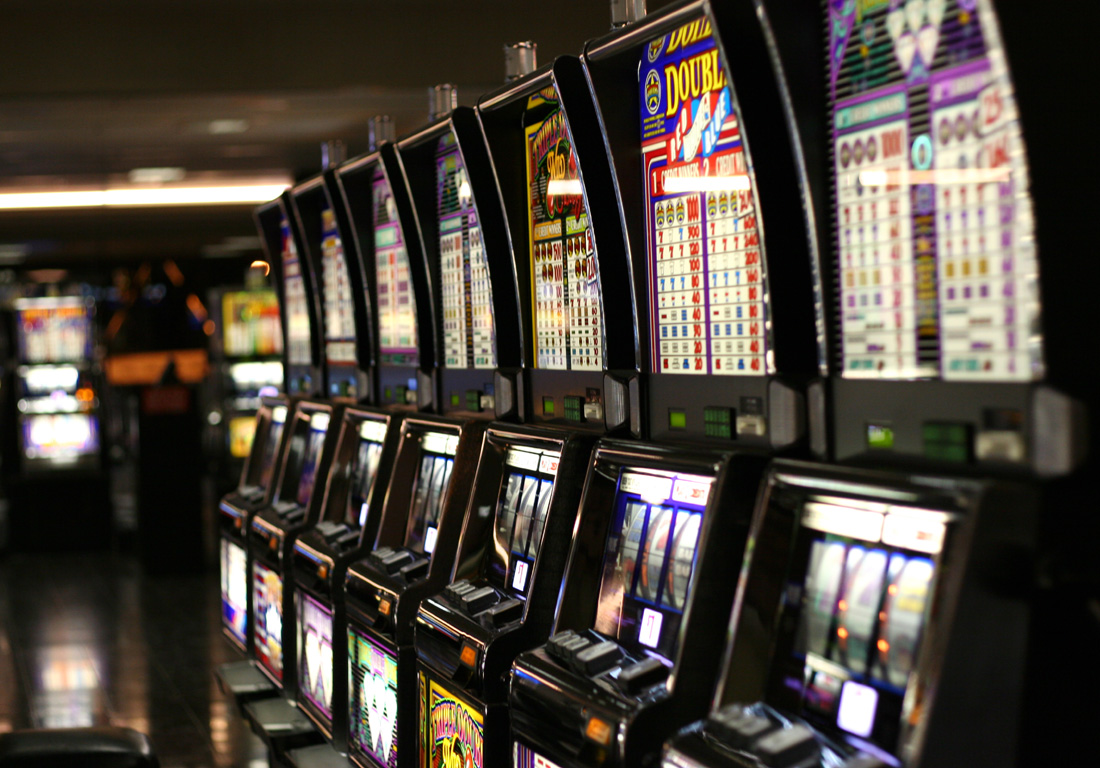The history of gambling on Earth has been constantly mired by intervention by various governments and states, with powerful authorities never seeming to genuinely trust the casino gambling industry. In fact, it was only in the 1600s that the Venetians decided to establish the world’s first genuinely legal casino, and since then there has been constant trouble between casino owners and the government authorities of the state they are in.

Indeed, the trend of regulated gambling markets such as the slots industry is a relatively recent one, with most countries only moving to legalise gambling over the last century or so. This has resulted in the current flowering of the online slot market in particular, as pieces of legislation such as The Gambling Act 2005 paved the way for a great deal more online slot advertising. Read on for an article on gambling regulations at slots explained – play now.
The early days of slot machines
As with pretty much all gambling games in the beginning, the earliest slot machines that started to pop up in California in the late 1800s were strictly illegal, and they were only available in the corners of shady, semi-legal taverns and bars. This is part of the reason why Charles D. Fey’s original Liberty Bell machine took so long to achieve a serious level of fame, as it was essentially illegal for the first few decades of its life.
America has always had an uneasy relationship with gambling, and back in the 19th century there really did seem to be hardly any tolerance of it from the federal government and state of California. This all changed as time drew on, however.
Mid 20th century slot gambling boom
Post WWI the US had a huge economic rebuilding job on its hands, and this was one of the main reasons why gambling was decided to be legalised in certain states, the most famous of which is Nevada. By the 1960s the desert gambling mecca of Las Vegas was really beginning to hit the fame levels that it is known for today, and slot gambling was one of the most integral things to this.
The US policy was essentially to treat Las Vegas as a kind of tester city, where they would legalise various things such as gambling and prostitution. This meant that slot gambling regulations were fairly loose, which also meant that casinos were incredibly keen to offer them to gamblers.
The Gambling Act 2005: What was it?
In the modern online slots world there has been one definitive moment above all others, and without this it remains to be seen whether the online slot market would have ever kicked off in the way it has. The Gambling Act 2005 was passed by the UK government, and it introduced much stricter regulatory measures, with the trade off being the legalisation of things such as online slot advertising.
You can therefore see why this ended up proving to be the catalyst for the remarkable growth of the online slot market.